Performance Marketing vs Digital Marketing
Introduction
Performance Marketing vs Digital Marketing Businesses are constantly exploring ways to maximize their online presence and drive results.
Two popular approaches that often create confusion among business owners and marketers are Performance Marketing vs Digital Marketing.
While both aim to grow a business through online channels, they differ in goals, execution, and measurement.
If you’re wondering which approach is best for your business, this article will help you understand the key differences between Performance Marketing vs Digital Marketing.
By the end, you’ll clearly understand both strategies, their benefits, and which aligns with your business goals.

Difference Between Performance Marketing vs Digital Marketing
Here’s a quick comparison table to highlight the key differences between performance marketing and digital marketing:
| Feature | Performance Marketing | Digital Marketing |
| Goal | Focuses on driving specific, measurable actions like clicks, leads, or sales | Aims to build brand awareness, engagement, and long-term customer relationships |
| Payment Model | Pay for results (e.g., clicks, leads, sales) | Pay for ad placement, impressions, or reach |
| Focus | Short-term ROI and measurable performance | Long-term brand building and customer engagement |
| Channels | Affiliate marketing, influencer marketing, PPC, retargeting | SEO, content marketing, social media, email marketing |
| Measurement | ROI-focused (direct conversion tracking) | Broader metrics like traffic, engagement, and reach |
| Best For | Businesses with clear conversion goals and limited budgets | Businesses looking to establish a strong online presence and brand awareness |
What is Performance Marketing?
Performance marketing is a results-driven approach in digital advertising where advertisers pay only for specific actions, such as clicks, leads, or sales. Unlike traditional digital marketing, which focuses on brand awareness and engagement, performance marketing ensures that every penny spent delivers measurable results.
In the Performance Marketing vs Digital Marketing, the key difference lies in the payment model and strategy. While digital marketing includes broader techniques like SEO, content marketing, and social media marketing, performance marketing is entirely data-driven and focuses on ROI.
Businesses looking to maximize their advertising budget often compare Performance Marketing vs Digital Marketing to determine the best strategy for achieving their goals. Whether through affiliate marketing, PPC campaigns, or influencer partnerships, performance marketing provides transparency and efficiency, making it a preferred choice for many businesses.
Understanding the consequences of Performance Marketing vs Digital Marketing helps companies create cost-effective strategies that drive real business growth.
Types of Performance Marketing:
- Pay-per-click (PPC) ads – PPC ads drive quick traffic by placing your ad at the top of search results.
- Affiliate marketing – Earn sales through trusted partners who promote your product and receive a commission for successful referrals.
- Influencer marketing – Collaborate with influencers to promote your brand and connect with their loyal audience for better engagement.
- Retargeting and remarketing – Re-engage visitors who leave your site by showing targeted ads to convert them into customers.
- Native Ads – Ads that blend with platform content.

What is Digital Marketing?
Digital marketing refers to the use of online channels, such as search engines, social media, email, and websites, to promote products or services.
It encompasses various strategies, including SEO, content marketing, social media marketing, and paid advertising. One key aspect of digital marketing is understanding the difference between performance marketing vs digital marketing.
Businesses use performance marketing vs digital marketing to increase visibility, generate leads, and improve customer loyalty over time. While it may not always provide immediate results like performance marketing, it helps in long-term business growth by strengthening online presence.
While digital marketing covers all online promotional efforts, performance marketing vs digital marketing highlights a crucial distinction-performance marketing focuses on measurable results, such as leads, clicks, or conversions.
In contrast, digital marketing includes both brand awareness and performance-driven campaigns. Businesses must understand performance marketing vs digital marketing to choose the right strategy for their goals.
Types of Digital Marketing:
- Search Engine Optimization (SEO) – Improve your website’s search ranking to attract organic traffic and increase visibility.
- • Content marketing – Create valuable content like blogs and videos to engage your audience and build brand trust.
- • Social media marketing – Use platforms like Facebook and Instagram to reach and interact with your target audience directly.
- • Email marketing – Send personalized emails to nurture leads, promote offers, and build long-term customer relationships.

Why Choose Performance Marketing?
Performance marketing is a results-driven approach that ensures you pay only for measurable actions like clicks, leads, or conversions, making it a cost-effective strategy for businesses. When comparing performance marketing vs digital marketing, the key advantage of performance marketing is its ability to track ROI with precision.
Traditional digital marketing, which often focuses on brand awareness and engagement, performance marketing emphasizes direct outcomes, helping businesses optimize their ad spend efficiently.
In the performance marketing vs digital marketing, performance marketing stands out due to its data-driven nature, real-time analytics, and flexibility in adjusting campaigns based on performance.
Whether you are a small business or a large enterprise, choosing performance marketing over traditional digital marketing ensures better control over budgets, improved targeting, and higher returns on investment.
Thus, in the ongoing comparison of performance marketing vs digital marketing, performance marketing proves to be a more accountable and result-oriented approach.
1. You have clear goals like increasing sales or leads – Performance marketing helps you achieve specific sales or lead generation goals quickly.
2.You want to test different strategies quickly and scale what works – Test various ads, channels, and strategies to find what delivers the best ROI.
3.You want to measure ROI directly – Track every click, conversion, and sale to know exactly how your campaign is performing.
4.You prefer paying only for measurable results – Performance marketing ensures you only spend money when you achieve a specific result.
5.You want to test different strategies quickly and scale what works – Test various ads, channels, and strategies to find what delivers the best ROI.
6. Results-Based Approach – You only pay for successful conversions, making it cost-effective.
7.Fast ROI – Since you pay per action, you can track and optimize your campaigns in real-time.
8. Scalability – Easily scale your marketing efforts based on performance metrics.
9. Data-Driven Decisions – Every campaign is backed by analytics, helping in better decision-making.
Why Choose Digital Marketing?
Digital marketing is the backbone of modern business growth, offering a cost-effective way to reach a global audience. When comparing performance marketing vs digital marketing, it’s essential to understand that digital marketing encompasses a broad range of strategies, including SEO, social media, content marketing, and email campaigns.
Unlike traditional advertising, digital marketing allows businesses to track results in real-time and optimize their efforts for better ROI. While discussing Performance marketing vs Digital marketing, it’s clear that performance marketing focuses on measurable outcomes like clicks and conversions, whereas digital marketing builds brand awareness and long-term engagement.
Choosing digital marketing ensures businesses stay competitive, leveraging data-driven insights to refine their strategies. In the debate of performance marketing vs digital marketing, businesses looking for sustained online presence and brand credibility find digital marketing a more comprehensive approach.
1.You want to build long-term brand authority – Digital marketing strategies like SEO and content marketing build credibility over time.
2.You aim to increase website traffic and audience engagement – Use SEO, social media, and content marketing to drive organic traffic and engagement.
3.You want to create valuable content and improve customer loyalty – High-quality content builds trust and encourages New customer engagement.
4.You are focused on improving organic reach and visibility – SEO and content marketing help your website rank higher and reach more people.
5. Brand Building – Helps create a strong online presence and authority.
6.Long-Term Growth – Generates organic traffic and customer trust over time.
7. Diverse Channels – Uses multiple platforms like search engines, social media, and email marketing.
8. Customer Engagement – Helps connect and engage with the target audience effectively.
How Performance Marketing Works?
Performance marketing works on a pay-for-results model. Advertisers collaborate with affiliates, influencers, or ad networks to promote their products. Payments are made based on predefined actions such as clicks, leads, or sales.
For example, in PPC advertising, businesses bid for ad placements and only pay when someone clicks on their ad. Similarly, in affiliate marketing, brands pay affiliates a commission for every successful sale they generate.
- Set a clear goal (e.g., clicks, leads, sales) – Defining your goal helps you measure and optimize campaign performance effectively.
- Choose the proper performance-based channels (PPC, affiliate, influencer) – Select the channels that align with your audience and business goals.
- Launch the campaign and monitor performance – Start your campaign, track results, and adjust strategies for better performance.
- Optimize based on conversion data – Analyze performance data and fine-tune your campaign to improve conversion rates.
- Pay based on actual results achieved – Performance marketing ensures you only pay when you see accurate business results.
How Digital Marketing Works?
Digital marketing involves multiple strategies to attract, engage, and convert customers. Businesses create content, optimize websites for search engines, run social media campaigns, and use email marketing to reach potential customers.
For example, a company might use SEO techniques to rank higher on Google, engage audiences on social media with creative posts, and send promotional emails to encourage purchases.
- Develop a content strategy and identify target audiences – Plan and create content that addresses your audience’s needs and interests.
- Choose the proper channels (SEO, social media, email) – Pick platforms where your target audience is most active for better reach.
- Publish and promote content – Share your content through multiple channels to increase visibility and engagement.
- Monitor traffic and engagement – Track performance metrics and adjust your strategy based on audience response.
- Adjust strategy based on audience behavior and feedback – Adapt to what works best by analyzing engagement and feedback.
Top Performance Marketing Channels
- Google Ads (PPC) – Quickly drive traffic to your website by targeting specific keywords with paid ads.
- Facebook Ads (Cost-per-click and conversion-based) – Reach a highly targeted audience and pay when they engage.
- Affiliate networks (Amazon Associates, ShareASale) – Partners promote your products, and you pay them only when they generate sales.
- Influencer marketing – Partner with trusted influencers to promote your brand, reach a targeted audience, and build authentic customer relationships.
- Affiliate Marketing – Businesses collaborate with affiliates to drive sales.
- Pay-Per-Click (PPC) Advertising – Advertisers pay for each click on their ads.
- Influencer Marketing – Brands partner with influencers to promote products.
- Native Advertising – Ads blend with the platform’s content to attract engagement.
- Retargeting Ads – Target users who have previously interacted with the brand.
Top Digital Marketing Channels
- Organic search (SEO) – Improve your website ranking to attract free, high-intent traffic.
- Social media platforms (Facebook, Instagram, LinkedIn) – Engage with your audience through regular posts and targeted ads.
- Email marketing – Send newsletters and personalized messages to keep your audience engaged and drive conversions.
- Content marketing (blogs, videos, infographics) – Create informative and engaging content to attract and retain your audience.
Performance Marketing Examples
- Running a Google Ads campaign with a cost-per-click (CPC) model.
- Partnering with influencers who earn a commission per sale.
- Setting up a retargeting campaign to convert abandoned cart users.
- Amazon Affiliate Program – Amazon pays commissions to bloggers for referring customers.
- Google Ads (PPC) – Businesses bid on keywords and pay for clicks.
- Influencer Promotions – Brands pay influencers per sale or engagement.
- Retargeting Ads – Ads shown to users who visited but didn’t purchase.
Digital Marketing Examples
- Creating blog content to rank organically on Google.
- Running a social media campaign to increase brand awareness.
- Sending email newsletters to improve customer engagement.
- SEO Optimized Blog – A website ranking high on Google for organic traffic.
- Social Media Campaigns – Brands engaging with followers on Instagram and Twitter.
- Email Newsletters – Sending weekly product updates to customers.
- YouTube Tutorials – Businesses using videos to educate and promote products.
Benefits of Performance Marketing
1. It is cost-effective since you only pay for results – Performance marketing ensures that your budget is spent efficiently.
2. Easy to track and measure ROI – Get detailed insights into campaign performance and return on investment.
3. Fast results – Performance marketing provides quick outcomes and allows real-time adjustments.
4. Ability to scale successful campaigns – Once you find what works, you can easily scale up your budget and reach.
Benefits of Digital Marketing
1. Builds long-term brand – Consistent digital marketing efforts establish credibility and customer loyalty.
2. Increase organic reach and website traffic – SEO and content strategies boost visibility and drive more visitors.
3. Enhance customer relationships and engagement – Direct communication through social media and emails strengthens customer loyalty.
4. Digital marketing approach for coverage – Using multiple strategies ensures better reach and audience engagement.
What is Performance-Based Advertising?
Performance-based advertising is a model in which advertisers pay only when a specific action (click, sale, lead) is achieved. It ensures the advertising budget is spent effectively, as payment is tied to actual results.
Performance-based advertising is an advertising model where businesses pay only when a user takes a specific action, like a purchase or signup. It ensures that businesses get value for their money and optimize their ad spend effectively.
What is Digital-Based Advertising?
Digital-based advertising includes paid strategies where businesses pay for ad placement, impressions, or reach. Unlike performance-based ads, payment is not necessarily tied to direct results.
Digital-based advertising includes all forms of online ads, such as display ads, video ads, and social media ads. Unlike performance-based advertising, which focuses on results, digital advertising can also aim for brand awareness and audience engagement.
How Performance Advertising Works?
- Define conversion goals – Set specific targets like leads, sales, or clicks to measure success.
- Set up tracking and monitoring tools – Use analytics tools to track performance and adjust strategies.
- Optimize the campaign based on performance data – Analyze what’s working and refine your approach for better results.
- Pay only when the desired action is achieved – No wasted budget—pay only when you meet your goal.
How Digital Advertising Works?
- Create ad content and choose platforms – Develop compelling ad content and select the right platforms for reach.
- Set a budget and targeting parameters – Allocate your budget and define your target audience for precise results.
- Monitor reach and engagement – Keep track of how your audience responds to your campaign.
- Optimize based on performance metrics – Adjust campaigns based on data to improve performance.
Performance Marketing Strategies
- PPC campaigns (Google, Facebook) – Quick traffic and high visibility through targeted ads.
- Affiliate marketing programs – Partner with others to promote your product and share the profits.
- Influencer partnerships – Reach new audiences by working with trusted influencers.
- Retargeting and remarketing – Re-engage visitors who didn’t convert the first time.
Digital Marketing Strategies
- SEO and content creation – Boost organic traffic by improving your search ranking.
- Social media marketing – Use social media platforms to build brand awareness and engagement.
- SEO Optimization – Improve website ranking on search engines.
- Content Marketing – Create valuable blogs, videos, and infographics.
- Social Media Growth – Engage with users and grow brand presence.
- Email Marketing Campaigns – Personalized emails for customer engagement.
- Email campaigns – Nurture leads and keep your audience informed with targeted emails.
- Video and influencer marketing – Create engaging video content and partner with influencers to expand reach.
- SEO Optimization – Improve website ranking on search engines.
- Content Marketing – Create valuable blogs, videos, and infographics.
- Social Media Growth – Engage with users and grow brand presence.
- Email Marketing Campaigns – Personalized emails for customer engagement.
Performance Marketing Metrics
- Cost-per-click (CPC) – Pay only when someone clicks on your ad.
- Cost-per-acquisition (CPA) – Pay when you gain a new customer or lead.
- Return on ad spend (ROAS) – Measure how much revenue you generate for every amount spent.
- Conversion rate – Track how many clicks turn into sales or leads.
Digital Marketing Metrics
- Website Traffic – Monitor how many visitors come to your site.
- Engagement rate – Measure likes, comments, and shares on your content.
- Social media reach – Track how many people see your posts.
- Email open and click-through rates – Measure how effective your emails are at engaging readers.
- Organic Traffic – Number of visitors coming through SEO.
- Bounce Rate – Percentage of users leaving the website without engaging.
Key Takeaways
1. Performance Marketing vs Digital Marketing is focused on short-term, measurable results – Ideal for businesses seeking quick, measurable returns.
2. Digital marketing builds long-term brand awareness and customer trust – Great for increasing brand visibility over time.
3. Performance Marketing vs Digital Marketing Both strategies can complement each other for maximum growth – Use both approaches to balance short-term and long-term success.
4. Performance Marketing vs Digital Marketing The best choice depends on your business goals and budget – Choose based on your resources and desired outcomes.
Conclusion
Both Performance Marketing vs Digital Marketing have their strengths and ideal use cases. Performance marketing is the way to go if you have a clear short-term goal (like increasing sales or leads). However, digital marketing is more suitable if you aim to build long-term brand authority and customer relationships.
Businesses should combine both approaches for the best results. Performance marketing delivers quick results, while digital marketing ensures sustained growth and customer engagement.
FAQs
1. What is the Main Difference Between Performance Marketing vs Digital Marketing?
Performance Marketing is focused on driving specific results (e.g., sales, leads), while Digital Marketing is broader and aims to build brand awareness and engagement.
2. Which one is better Performance Marketing vs Digital Marketing for Small Business?
Performance Marketing is better for quick, measurable results, while Digital Marketing helps with long-term brand building.
3. Can I use Performance Marketing vs Digital Marketing both strategies together?
Yes, combining both strategies can maximize growth and ROI.
4. How Do I Measure Performance Marketing Success?
Track metrics like cost-per-click (CPC), conversion rate, and return on ad spend (ROAS).
5. Is Performance Marketing More Expensive than Digital Marketing?
Performance Marketing can be cost-effective since you only Pay For Results.
6. How Long Does Digital Marketing Take to Show Results?
SEO and Content Marketing can take 3 to 6 months to see Significant Results.
7. Do I Need a Big Budget For Digital Marketing?
No, you can start small with content and social media strategies.


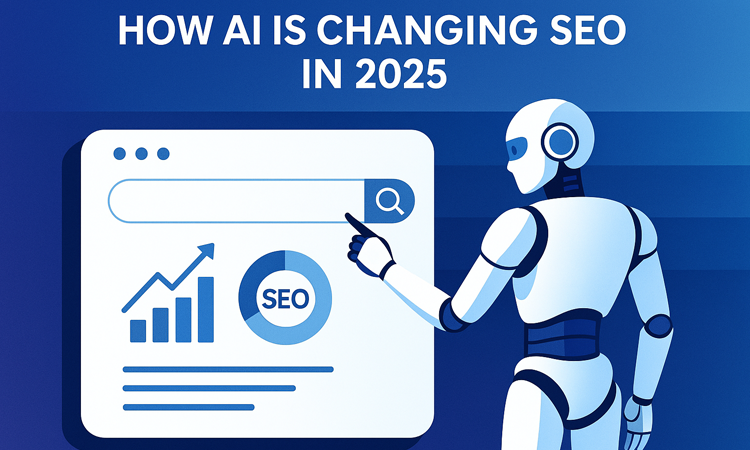
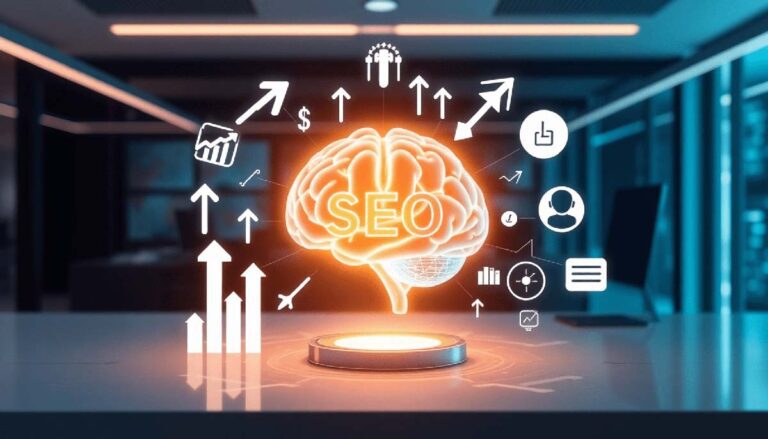
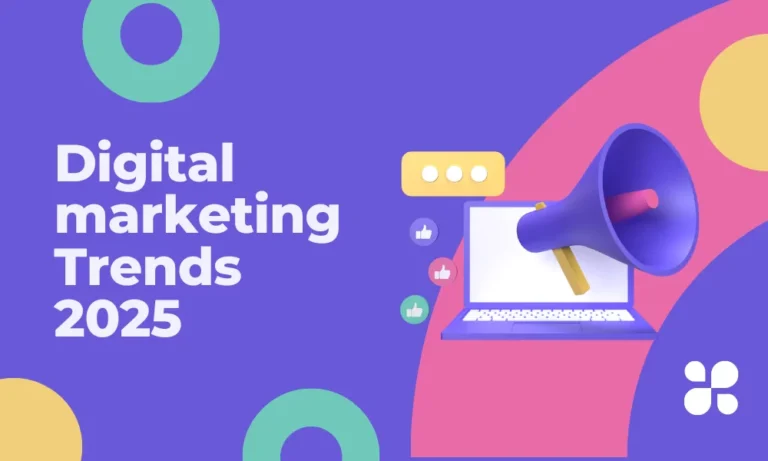
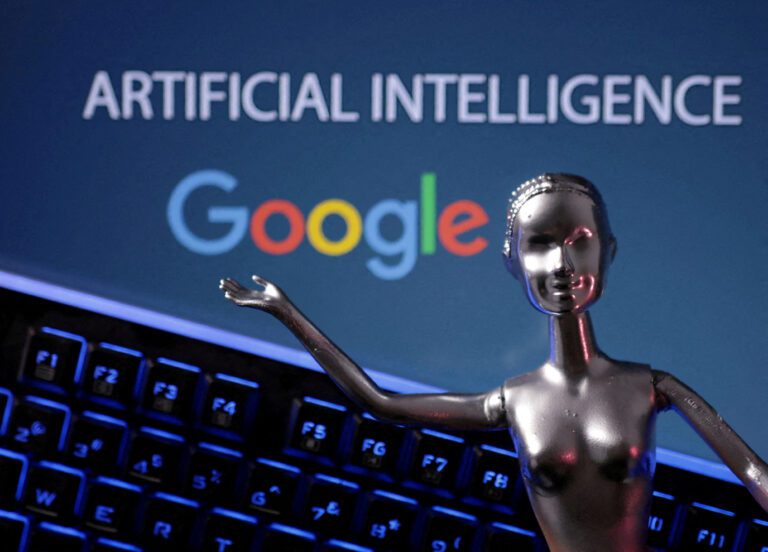

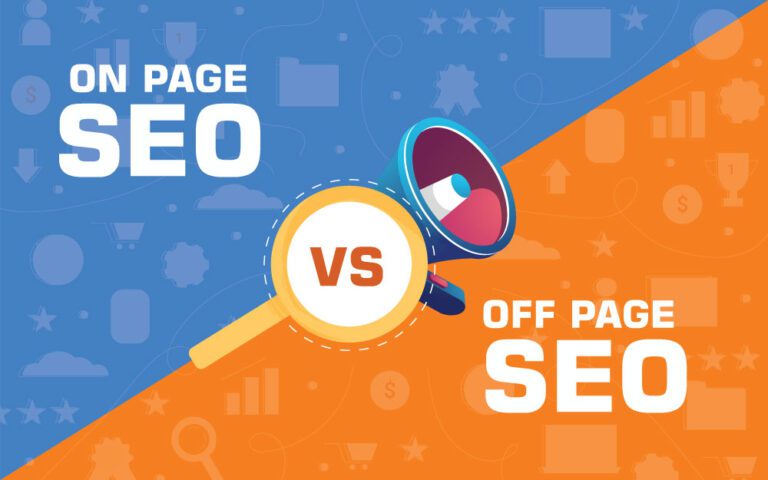
Your passion for your subject matter shines through in every post. It’s clear that you genuinely care about sharing knowledge and making a positive impact on your readers. Kudos to you!
I do trust all the ideas youve presented in your post They are really convincing and will definitely work Nonetheless the posts are too short for newbies May just you please lengthen them a bit from next time Thank you for the post
Usually I do not read article on blogs, however I would like to say that this write-up very compelled me to take a look at and do so! Your writing taste has been amazed me. Thanks, quite nice post.
Normally I do not read article on blogs however I would like to say that this writeup very forced me to try and do so Your writing style has been amazed me Thanks quite great post
you are truly a just right webmaster The site loading speed is incredible It kind of feels that youre doing any distinctive trick In addition The contents are masterwork you have done a great activity in this matter
I loved as much as you will receive carried out right here. The sketch is tasteful, your authored subject matter stylish. nonetheless, you command get got an edginess over that you wish be delivering the following. unwell unquestionably come further formerly again as exactly the same nearly very often inside case you shield this hike.
I do trust all the ideas you’ve presented in your post. They are really convincing and will definitely work. Nonetheless, the posts are too short for newbies. May just you please lengthen them a bit from next time? Thank you for the post.
Thank you for writing such a great blog post.
Keep updating more.
Eagerly waiting ahead. Good luck!
Fantastic site. Lots of helpful information here. I am sending it to some friends ans additionally sharing in delicious. And of course, thanks for your effort!
I have read some excellent stuff here. Definitely value bookmarking for revisiting. I wonder how much effort you put to make the sort of excellent informative website.